Under anti-discrimination law in Australia it is illegal to discriminate on grounds such as gender, sexuality, or belief. However, most states specifically exempt religious organizations from such anti-discrimination laws. For example, the Victorian Equal Opportunity and Equal Rights Commission website states:
Religious institutions controlled or run by a body established for religious purposes (e.g. a catholic seminary, Jewish rabbinical school, or Buddhist monastery) may discriminate on the basis of any protected characteristic when employing people, provided that discrimination is necessary to conform with religious beliefs or sensitivities. This covers schools run by religious bodies.
The Australian Sangha Association (ASA) and the Federation of Australian Buddhist Councils (FABC) is strongly opposed to such religious exemptions from anti-discrimination legislation in Australia. While the rest of Australian society is expected to follow basic principles of fairness and equity, religious organizations may continue to enforce archaic, unjust forms of discrimination on the grounds of gender, sexual orientation, or belief.
Such exemptions are opposed to Buddhist principles, as they cause harm to those who are discriminated against, those who discriminate, and the moral fabric of Australian society. Religious organizations are perpetuating divisions and suspicion, when they should be leading the way in creating a fairer, more loving and compassionate community.
The current exemptions, which grant free licence to religious organizations to discriminate, were created by Australia’s strong religious right lobby. It is curious that the Victorian website quoted above gives the example of a Buddhist monastery as an organization that may discriminate, when the Buddhist community has never supported such discrimination.
The ASA and FABC calls for all general exemptions for religious bodies to be repealed. Religious organizations, like anyone else, should be able to request permission to discriminate in certain circumstances, but only when they can prove that such discrimination is necessary or beneficial.
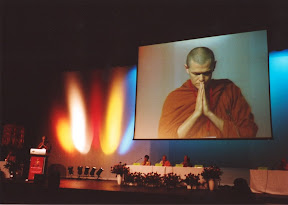

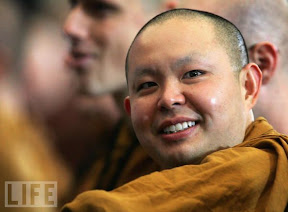
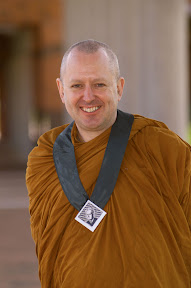

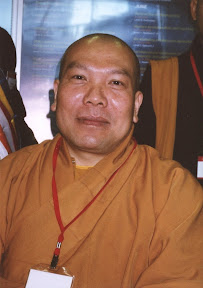

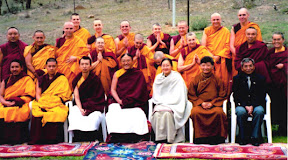


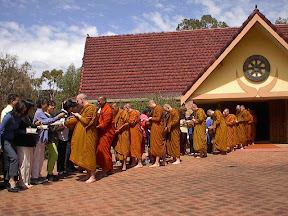

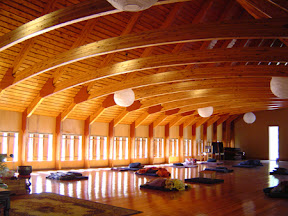


 On Sunday 25th November 2012 a sapling of the oldest recorded tree in history from Sri Lanka was planted at the Dhammasara nun's monastery in Gidgeganup. This tree is called the
On Sunday 25th November 2012 a sapling of the oldest recorded tree in history from Sri Lanka was planted at the Dhammasara nun's monastery in Gidgeganup. This tree is called the